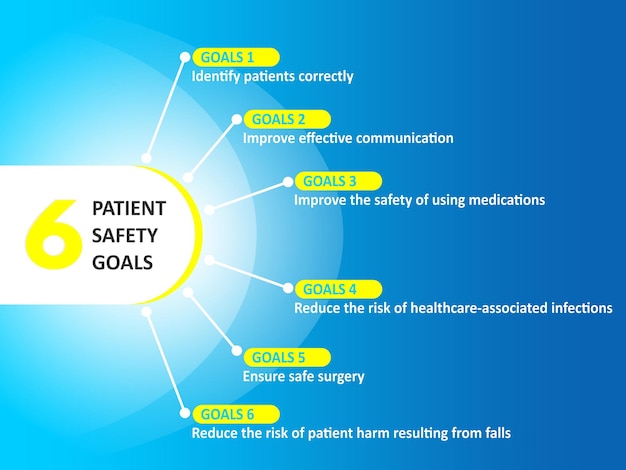
Introduction
The Department of Health and Social Care (DHSC) is an essential component of the UK’s public health framework. Established to oversee a variety of health policies and social care services, the DHSC’s influence is significant, especially in a post-pandemic landscape. As health systems across the globe continue to adapt, understanding the role of the DHSC becomes increasingly relevant for citizens, healthcare professionals, and policymakers alike.
Current Initiatives and Developments
In recent months, the DHSC has focused on several key initiatives aimed at reforming and improving the healthcare landscape in the UK. With the ongoing recovery from the COVID-19 pandemic, the department has launched programmes to enhance mental health services and invest in digital health technologies. For instance, the Rural Health Strategy aims to ensure equitable access to healthcare services for those living in remote areas, addressing long-standing disparities.
Additionally, the DHSC has introduced the NHS Recovery Plan, which focuses on tackling treatment backlogs created by the pandemic. This initiative includes extra funding to support elective surgeries and improve access to cancer treatments. The Department is also accelerating the adoption of telehealth services which have been pivotal in providing care during lockdowns and are expected to remain an integral part of healthcare delivery.
Public Health and Emergency Preparedness
A critical aspect of the DHSC’s responsibilities includes managing public health threats and ensuring the country is prepared for future emergencies. The recent establishment of the UK Health Security Agency reflects a commitment to enhancing public health surveillance and response systems. This agency will play a vital role in monitoring infectious diseases and providing a coordinated response in case of public health emergencies.
Challenges Ahead
Despite these progressive steps, the DHSC faces a plethora of challenges moving forward. The integration of health and social care remains a complex issue, especially as the demand for services increases due to an ageing population. Moreover, funding constraints pose significant hurdles in executing ambitious reforms while ensuring high-quality care.
Conclusion
The Department of Health and Social Care is at a pivotal juncture as it navigates through the aftermath of the COVID-19 pandemic while addressing ongoing health and social care challenges. With a focus on recovery, equitable access, and emergency preparedness, the DHSC aims to foster a robust healthcare system that can withstand future crises. For citizens, staying informed about DHSC initiatives and understanding their implications is crucial for engaging with and benefiting from the services provided.
You may also like
The Integral Role of Hospitals in Modern Healthcare

The Role of Face Masks in Public Health Today
